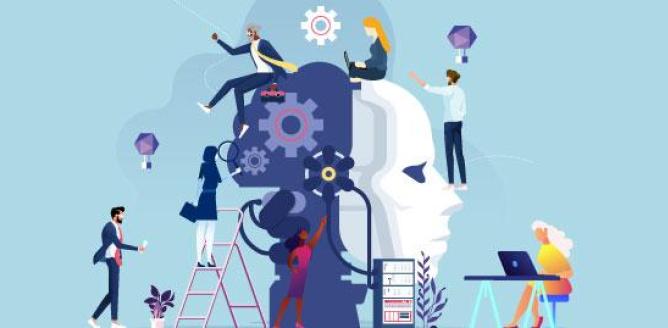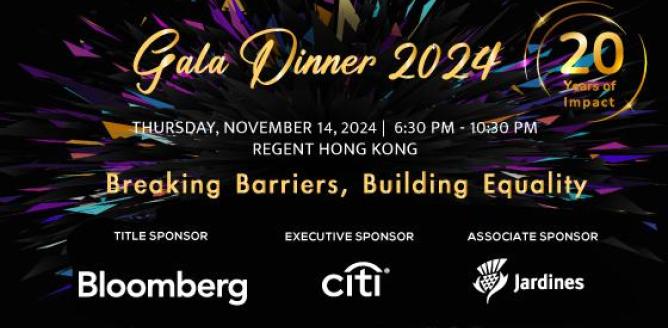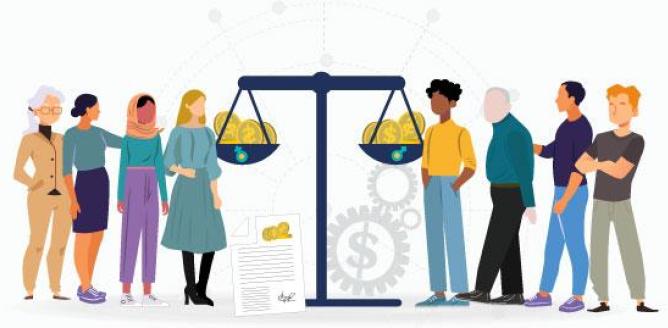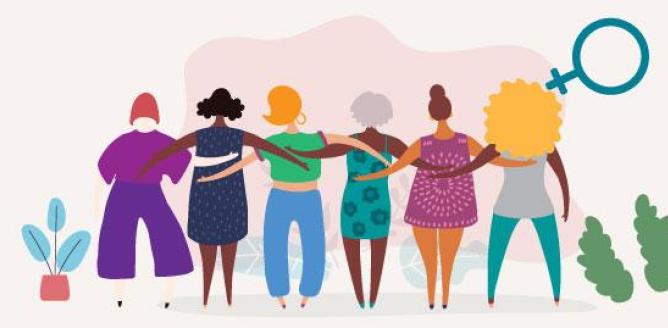The emergence of artificial intelligence has been a major breakthrough in the tech world, and the accessibility and prevalence of ChatGPT (and generative AI like it) are set to radically change the way we work, acquire knowledge, write, and interact – with each other and with machines.
ChatGPT generates human-sounding responses to prompts, trawling the internet for information and putting together responses based on what it finds. The applications for this are incredibly useful and cover myriad mundane and time-consuming tasks, leaving individuals to focus on more creative, engaging or complex decisions and helping them become more productive in the process. Last week, scientists used AI to help them discover a new antibiotic. The potential is vast and it is only just beginning.
We asked ChatGPT what the implications of its use are for gender equality and it wrote this:
ChatGPT largely eliminates human bias because it is programmes with no assumptions about gender or other personal characteristics. This means that customers receive unbiased responses, regardless of their gender identity or orientation.
Despite this promising pronouncement, it has produced some very tired gender stereotypes in the form of stories and song. In the wider economy, ChatGPT will have a significant impact on the job market, and there are considerations particularly for women. The app told us:
ChatGPT can help to level the playing field for women in the workplace. By automating customer service, it eliminates some of the gender-based roles that have traditionally been dominated by men.
This is a misleading statement at best. Globally, customer service roles are more often held by women and many of the occupations dominated by women are the ones most likely to be replaced by Chatbot apps and other AI tools.
And herein lies a significant issue with the app: the tool is only as good as the information that it finds. With the prevalence of hate speech including misogyny, fake news and the spread of misinformation on the internet, the tool is not yet sophisticated enough to sift through the sea of information and be purely objective and factual. It creates high quality, human sounding responses, but it may reinforce harmful gender stereotypes. Past efforts to make AI more inclusive have often backfired for this reason.
Right now, no one knows the breadth and depth of the impact this technology will have. We do know that it is more important than ever to strengthen the pipeline of women in tech. This is why we run our Girls Go Tech Programme so that all girls – regardless of socioeconomic background – can begin to develop an interest and skillset in STEM. It is also imperative that key stakeholders agree to ethical and responsible governance of these powerful tools, so they can foster inclusive and factual information without perpetrating discrimination. Governments need to proactively consider the implications of using generative AI to replace certain jobs and how to re-skill the affected portion of the workforce, particularly through a gender lens. Generative AI is here to stay, so let’s work to evolve it into an asset to advance gender equality and inclusion.
Get in touch at Fiona.Nott@twfhk.org.





















